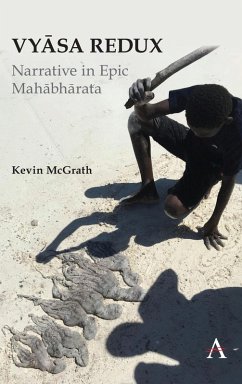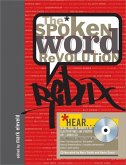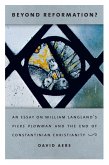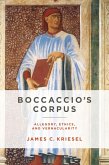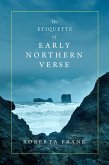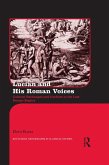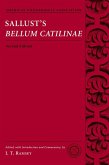Vyasa is the primary creative poet of the Sanskrit epic Mahabharata and 'Vyasa Redux' examines the many paradoxical dimensions of his narrative virtuosity in the poem where the poet is both the creator of the work and a character within it. The book also studies elements in the poem which have been received by the late Bronze Age poets who composed the figure of Vyasa, elements that reflect kinship, polity and modes of mnemonic inspiration. Three paired concepts function within the poem's narrative process: first, the central approach of the book is founded upon the distinction between plot and story, that is, the causal relation of events as opposed to the temporal relation of events. Second, much of the argument then engages with how this distinction relates to the difference between the preliterate and literate phases of our present text. Third, the nature of how inspiration functions and how edition operates becomes another vital component in our analytic process explaining how Vyasa becomes a dramatic, causal and at times prophetic character in the poem's narration as well as its originator.
Dieser Download kann aus rechtlichen Gründen nur mit Rechnungsadresse in A, D ausgeliefert werden.

